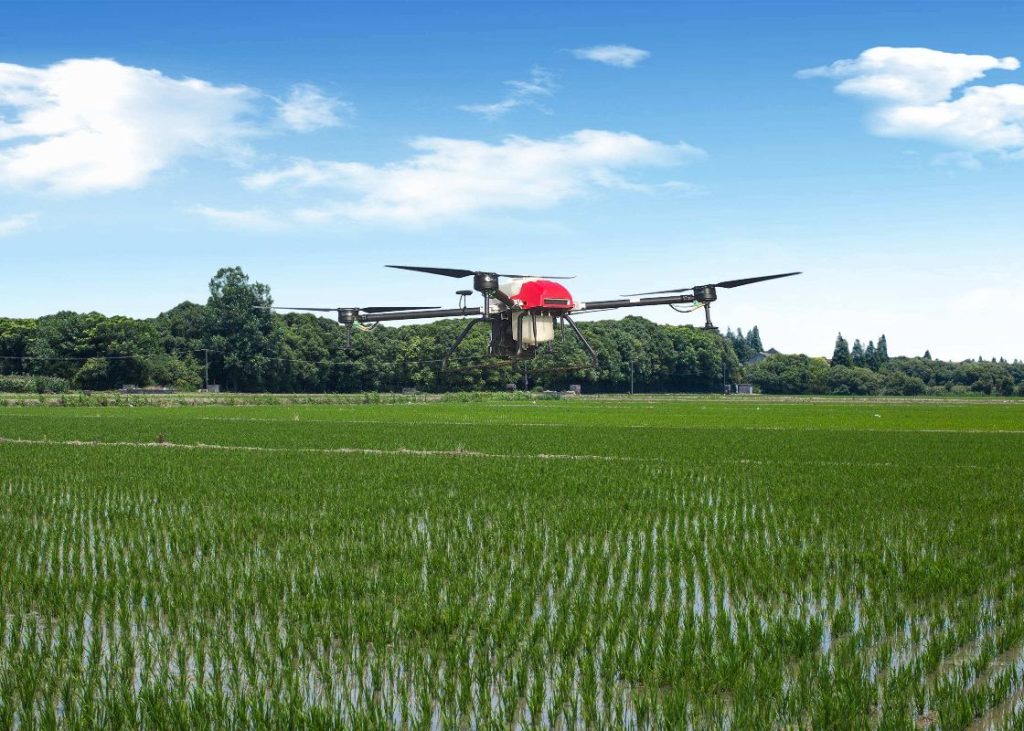
The Brazilian government is vigorously promoting the construction of information and communication technology and actively transforming to digital services. In the future, it will focus on the research of network security and the national Internet of Things plan, while training scientific researchers in relevant fields, focusing on building core industries such as smart cities, modern medical care, green agriculture and high-end manufacturing.
According to the data released by the National Geographic Institute of Brazil, it is expected that by 2060, the proportion of the population aged 65 and over in Brazil will exceed 1/4. To this end, Brazil has launched some digital technology learning programs for the elderly, and has achieved good results. For example, the “Internet at the best age” plan implemented in the country has explored the potential of the elderly to use the Internet by holding free courses.
The COVID-19 has greatly changed the consumption concept of the Brazilian people. The number of people who tried online shopping for the first time has increased rapidly, driving the development of e-commerce. In the first half of 2022, the sales of e-commerce in Brazil increased by 31% year-on-year.
Brazil’s digital agriculture is in the ascendant. Sensors, UAVs, applications, software and management systems, satellite images, spray and automatic harvesters have become a reality in rural areas. For example, the country’s first farm using 5G technology was ushered in the city of Grand Baja Duribero in the northeastern state of Pioi, Brazil. The farmer can monitor the animal health in real time, and improve the efficiency of daily work in the field by using high-definition images captured and transmitted by drones. The farm is also equipped with robots that can make intelligent decisions independently. Agricultural machines, including tractors and harvesters, have gained greater autonomy. The production efficiency of the farm is expected to increase by 20% to 30%.

No reply content